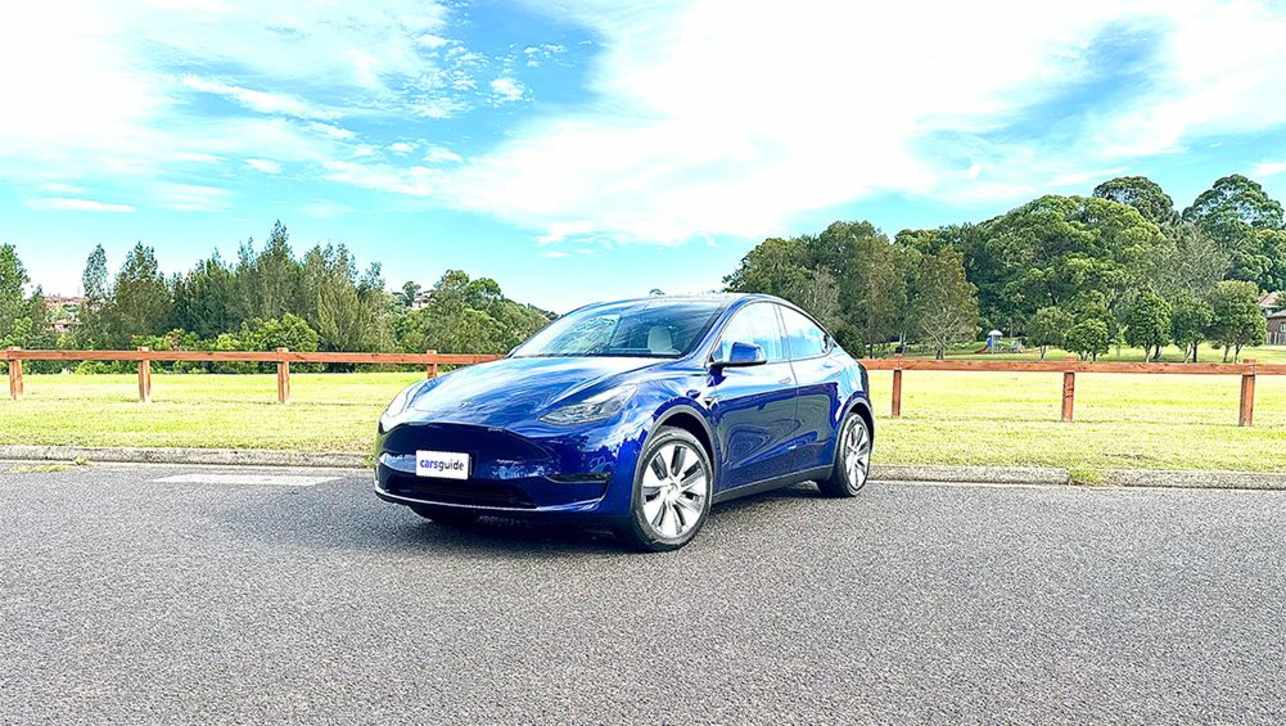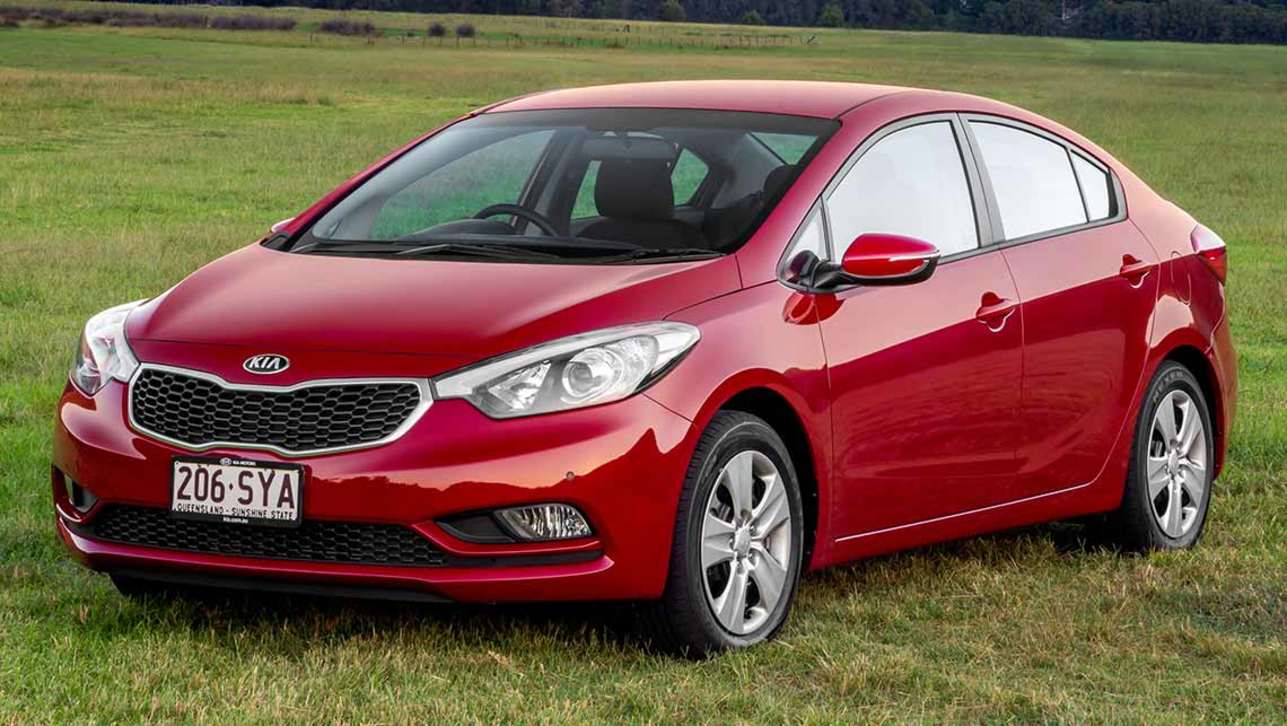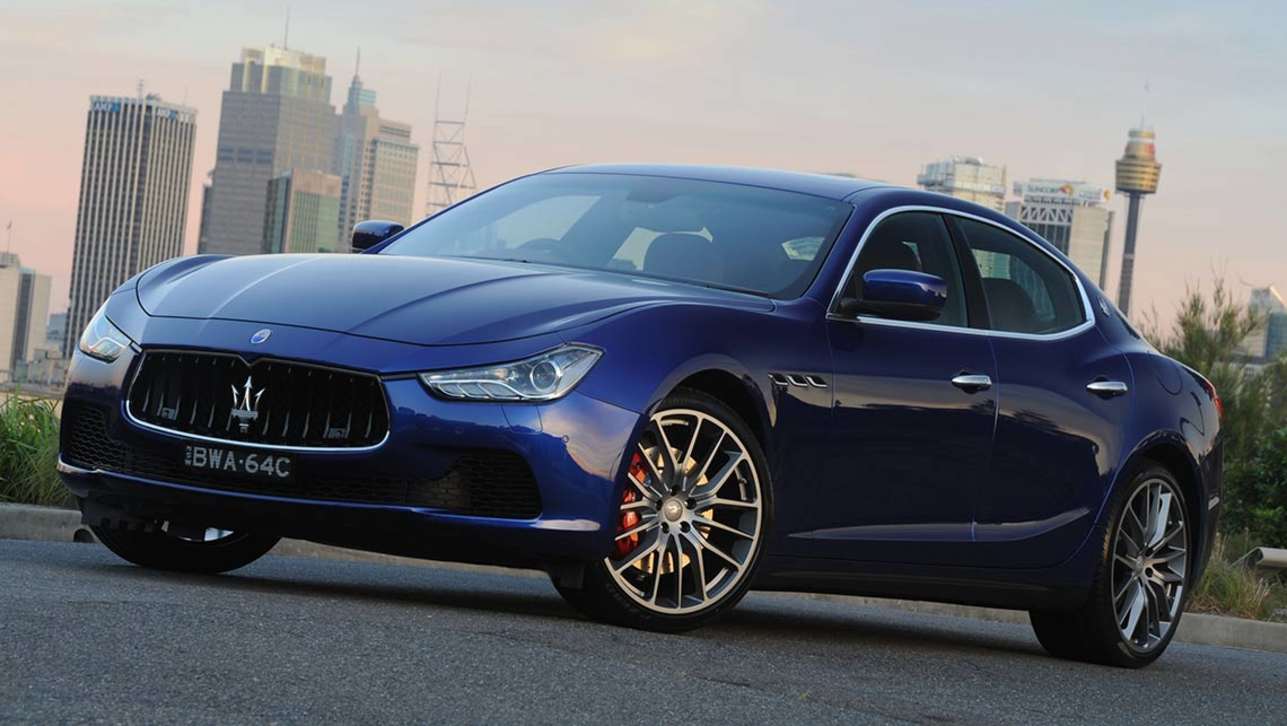Don't hold your breath for a new-car bargain once the last of Australia’s car factories close by the end of 2017. If anything, prices may rise. Toyota, Holden and Ford have been force-feeding locally-made cars onto dealers and fleet buyers at ridiculously discounted prices for years, just to keep their factories running.
Late last year Toyota was offering the new Camry for $26,990 drive-away, about $8000 off the full RRP. Early last year, the Cruze became the cheapest locally-made Holden in almost 20 years when its RRP dropped below $20,000.
But deals like these will likely evaporate once the Toyota Camry and Holden Cruze -- and the vehicles that will replace the Ford Falcon sedan and Territory SUV -- are fully imported. Toyota, Holden and Ford will be able to simply order the number of cars they think they can comfortably sell without flooding the market.
And, of course, it goes without saying that government departments will no longer be forced -- or encouraged, as it is called -- to buy locally-made cars. This preferential treatment has artificially inflated the true demand for Australian-made vehicles for decades. Which is why secret internal forecasts by Toyota, Holden and Ford show demand for the cars that will replace their locally-made models will be slashed.
Toyota forecasts demand for the Camry could be cut by more than half. Holden and Ford are similarly pessimistic. How many Falcon buyers will take to the new Mondeo, its likely replacement? Ford sold just 10,000 Falcons last year compared to just 3000 Mondeos.
Likewise, how many Holden customers will find a front-drive four-cylinder or V6 sedan appealing, whether or not it has a Commodore badge? If the recent lacklustre response to the Holden Malibu sedan is a guide, not many (1300 deliveries last year compared to the Commodore’s tally of 27,000). Without an oversupply of vehicles or the desperate need to keep a factory to keep running, there will be no need for Toyota, Holden and Ford to discount so dramatically.
Instead, they will compete on a relatively even footing as vehicle importers with the other 60 or so brands in Australia. Which is why currency exchange rates, not tariffs, will play a greater role in determining car prices in the future. The Federal Chamber of Automotive Industries, the peak body that has been all but silent as the industry crumbled over the past eight months, this week called for all import tariffs on motor vehicles to be scrapped now there is no local industry left to protect.
“Post-manufacturing, there is no rationale to maintain the 5 per cent tariff on imported motor vehicles,” the chief executive of the FCAI, Tony Weber, said in a media statement. But this posturing by the FCAI is unlikely to have the Federal Government quaking in its boots. Australia is heading down that path anyway. The Federal Government is keen to create the perception that car prices will drop once it pushes ahead with more Free Trade Agreements.
We already have FTA deals with North America and Thailand, but Japan and South Korea are set to follow. These four countries alone accounted for almost 75 per cent of all imported vehicles sold in Australia last year. You might expect South Korean giant Hyundai, its sister company Kia, and Holden (it sources most of its passenger cars and SUVs from South Korea) to be delighted about the prospect of a zero tariff. But they’re more worried about currency fluctuations.
The chief executive officer of Hyundai in Australia, John Elsworth, a former high-ranking Holden executive, says currency will continue to be a greater factor in vehicle pricing because import tariffs are already so low -- and currencies can swing by more than 5 per cent in a day, let alone across a month or a year. Indeed, there has been a more than 60 per cent fluctuation in the Australian currency over the past decade.
In the year 2000 one Australian dollar bought an average of US0.63 cents; last year it bought a peak of US$1.04 and we’ve been tracking mostly above US0.90 cents since. Add to the mix the impact foreign governments can have on exchange rates. Japan, for example, has been accused of artificially devaluing the Yen over the past 12 months to boost exports. It partly explains why the prices of the imported Toyota Corolla and Nissan Pulsar and other Japanese cars are at 20-year lows.
Who knows what Australia’s exchange rates will be like four years from now? The car companies -- and the government for that matter -- certainly don’t. “The biggest variable is obviously exchange rate (and) that can fluctuate daily in both directions,” said Mr Elsworth. “Reacting to that and shifting prices wouldn't make sense -- you have to work longer-term in this business.” In other words, car companies ride the currency wave. Some months they make less profit, some months they make more.
Sometimes they get caught short, and start discreetly deleting standard equipment from cars hoping customers won’t notice, such as a glovebox light or a vanity mirror. Fitting thinner carpet is another example. But they always try to keep the RRPs relatively stable so they don’t adversely affect customer confidence and, ultimately, the resale value of vehicles. Did you know depreciation is the single biggest cost of car ownership after you’ve bought it?
Luxury Car Tax, on the other hand, is something that needs to be dealt with, but, sadly, probably will be left alone. Even the Productivity Commission advised against it in its preliminary report into the car manufacturing industry. “Because it is levied on a narrow base, the LCT is a higher-cost and less efficient method of raising revenue than more broadly-based taxes,” the Productivity Commission report said. “The LCT is also arbitrary in its effect, in that it leads to taxpayers with the same economic means paying different amounts of tax depending on their taste.”
Quoting the 2010 Henry Tax Review, the Productivity Commission helpfully added that LCT “falls on people with a preference for relatively expensive cars, but not on those with a preference for diamonds, fur coats or yachts”. For background, the LCT is 33 per cent of the price of a vehicle above $60,316, or above $75,375 on vehicles that use less than 7.0L/100km according to the Australian standard fuel rating label.
The concession was introduced several years ago by the then Labor Government in an attempt to appeal to environmental interests. Instead, it favoured buyers of prestige cars. It is a further sign of how backwards this policy is when any government thinks 7.0L/100km is fuel-efficient; most popular German cars now comfortably dip below this, which is why Toyota is now the biggest contributor to LCT by virtue of all the LandCruisers it sells, among other gas-guzzlers.
Understandably, Toyota and others have come out swinging against the LCT. In its submission to the Productivity Commission, Toyota said: “The luxury car tax is not a form of protection for local car makers. In fact the market share of locally built cars has dropped significantly since the LCT was introduced. Toyota supports the abolishment of the LCT as it is a punitive and inequitable tax paid by more Toyota customers than anyone else.”
But the Coalition Government is unlikely to scrap a tax that brings in an estimated $450 million each year, especially when it has so many financial black holes to fill. Which means, for now, it would seem car prices aren’t likely to change one bit once the Australian car factories close -- unless the dollar reaches new, stratospheric heights.
This reporter is on Twitter: @JoshuaDowling
Where your car comes from: percentage split of all imported cars in 2013
Japan 35 per cent (FTA planned)
Thailand 22 per cent (FTA already in place)
South Korea 13 per cent (FTA planned)
United States 3.5 per cent (FTA already in place)
Germany 7.5 per cent (no FTA planned but many cars attract LCT)
United Kingdom 3.5 per cent (no FTA planned but many cars attract LCT)
Other countries represent 15.5 per cent of imported vehicles, including Spain, Czech Republic, India, China, Mexico, Poland, South Africa, Mexico, Portugal, Belgium, France, Italy, Indonesia, Poland and others.
Source: FCAI








.jpg)

.jpg)
.jpg)


.jpg)

.jpg)
.jpg)

.jpg)










Comments